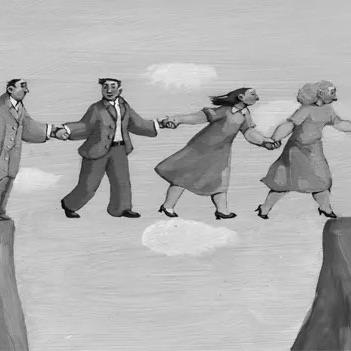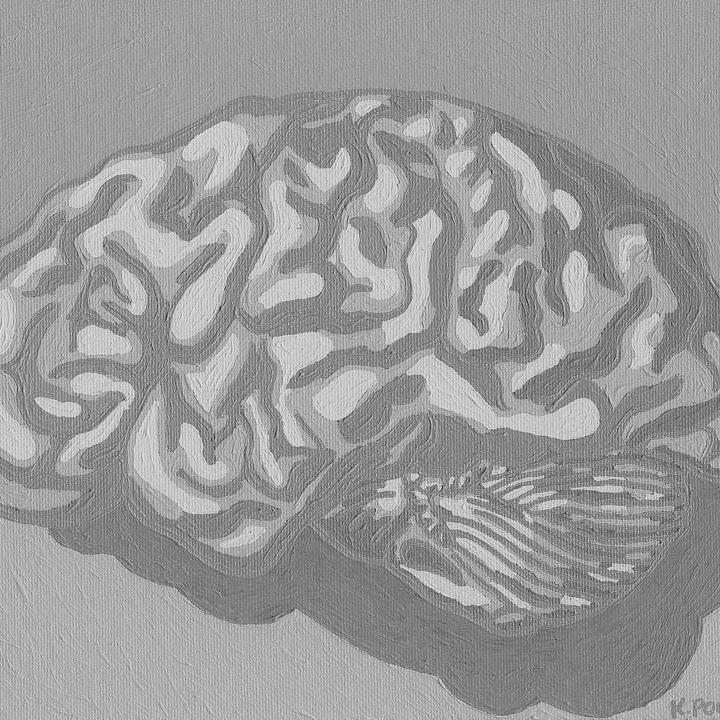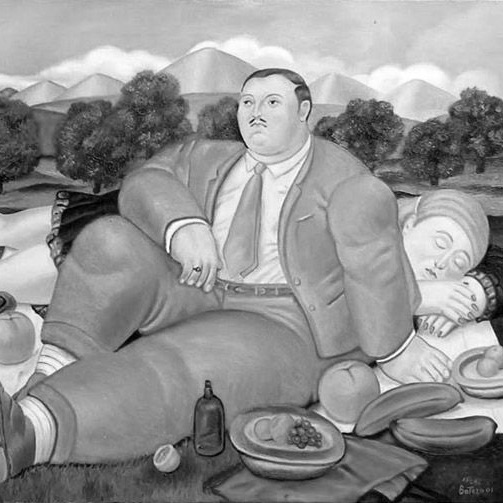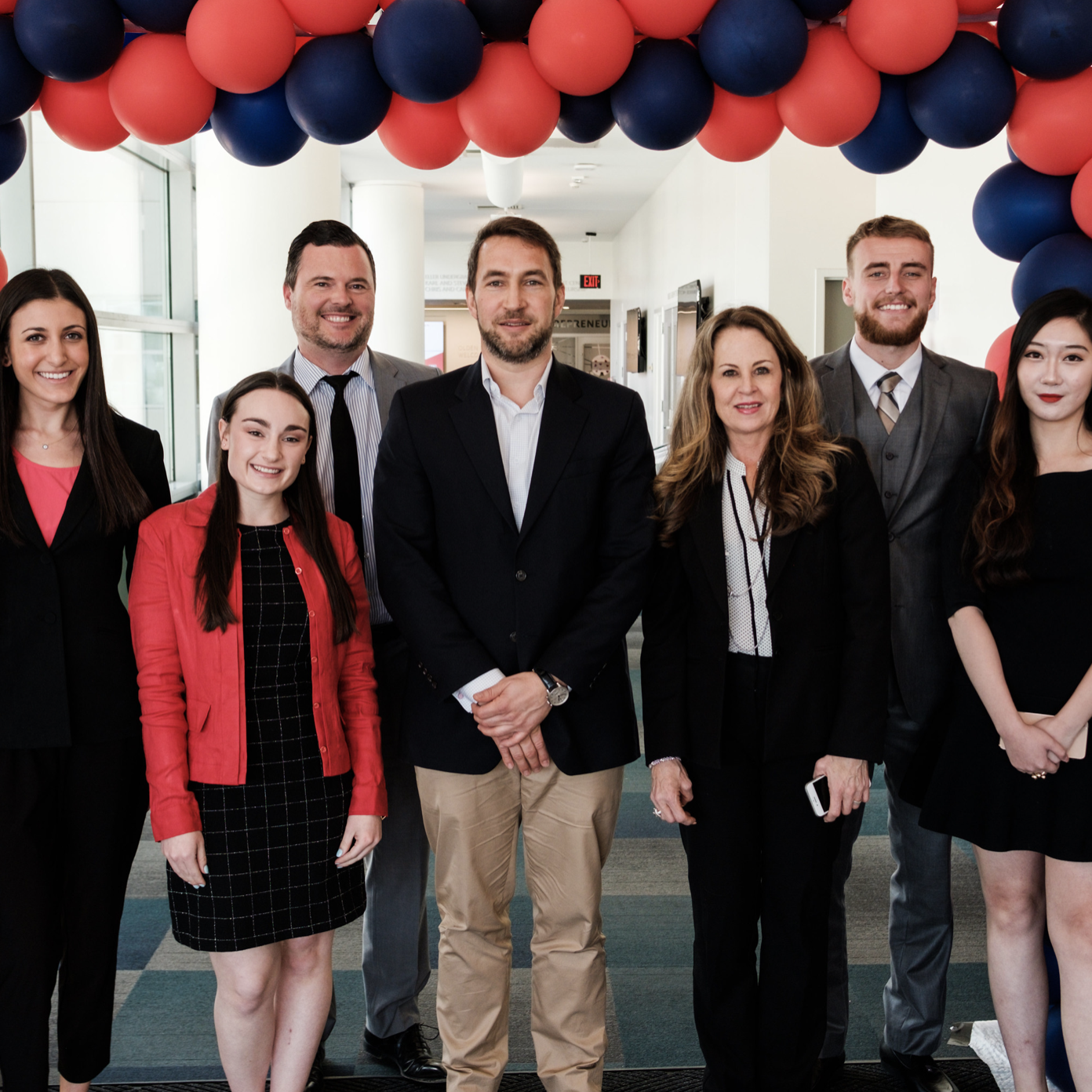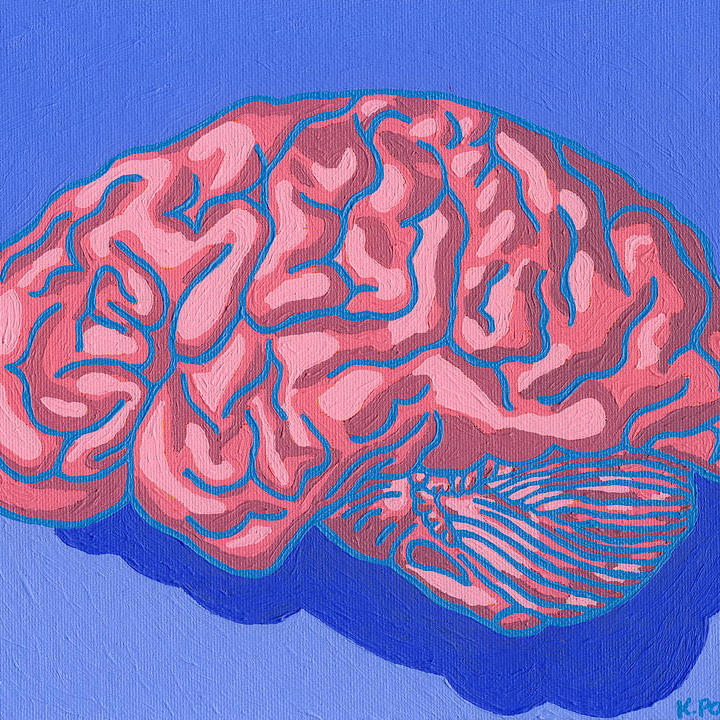Thanks for checking in...click to read more
I am an associate professor of marketing at the University of Arizona with affiliations in psychology, cognitive science, and veterinary medicine. I am the director of the Arizona Think Tank for Behavioral Decision Making, an external faculty affiliate at Stanford University's Institute for Research in the Social Sciences (IRiSS), and distinguished visiting professor in consumer behavior at EGADE Business School.
My research broadly deals with the ways consumers strive for desirable entities (things, people, pets), how they feel about these entities, and whether their actions will lead to outcomes such as product purchases or new relationships.
In one stream of research, I try to understand fundamental psychological and physiological explanations of consumer decision making. In doing so, I find that when consumers encounter deep-seated interoceptive signals, they often interpret those as subjective feelings of yearning and craving, and in turn strive for desirable things. These signals can be found in positive consumption domains (hope for financial gains, love for brands) as well as negative ones (pain from broken social relationships, felt betrayal by brands, self-directed shame), and lead to strengthened activation of people's reward system and weakened activation of their self-control system. Because goods, services, and experiences possess high levels of reward potency, consumers can be found to turn to the marketplace to satiate their yearning and craving.
In another stream of research, I focus on how people evaluate other people. While it is well-known that able people are trusted more, it turns out that when able people engage in impression management this effect is attenuated. It appears that such distrust is primarily socialized, including through influences from within the family. Moreover, contrary to the widespread assumption that people do not trust those in power, it is actually people low in power who are significantly more trusting than more powerful people. Also see a review of work on trust.
Important to me is to study consumers through the lens of different methods, including asking them about their opinions, attitudes, and feelings, measuring their neurophysiological responses, and observing their behavior. I utilize surveys, fMRI, and behavioral experiments to do so.
Check out some tools for designing surveys and conducting functional neuroimaging, as well as materials and data on OSF. Read more about me and my work on my faculty webpage. Prospective students feel free to e-mail me.
